
Cyprus’ 2025 state budget emphasises fiscal responsibility and sustainable growth, with priorities set on maintaining a budget surplus, reducing public debt, and controlling public sector wage costs, Finance Minister Makis Keravnos said, speaking at the plenary session of the Parliament on Thursday.
Keravnos has set also as priorities maintaining a surplus, controlling public sector payroll costs, and advancing infrastructure projects, the green transition, and digital transformation.
Keravnos outlined a vision for robust financial systems and structural reforms to boost economic recovery and employment while ensuring social cohesion. Priorities also include enhancing institutional functionality, healthcare, security, and judicial efficiency.
The Minister projected strong economic growth for 2025-2027, surpassing 3% annually—3.1% in 2025, 3.2% in 2026, and 3.3% in 2027—far exceeding the Eurozone average of 0.8%. Unemployment is expected to drop to 4.8% in 2025 and 4.5% in 2027, indicating full employment. Inflation is forecasted to stabilize at 2%, below the Eurozone's current 2.5%.
EU approval for spending increase
The Minister also said that the European Commission approved a 4.9% increase in net primary spending for Cyprus in 2025-2027, among the highest in the EU. This supports a €10.2 billion budget or €12.9 billion when including loan repayments. Keravnos attributed this approval to Cyprus' strong economic indicators, such as growth rates, a surplus fiscal balance, and declining public debt.
The Finance Minister noted the new EU Economic Governance Framework ensures responsible spending while allowing flexibility for national priorities. He underscored a cautious, balanced fiscal policy to safeguard financial stability and enable investment in development and social programs.
Surplus budget to mitigate risks
The fiscal surplus is estimated at 3.9% of GDP in 2024 and 2.7% in 2025, aligning with legislation mandating a balanced or surplus structural budget. Keravnos pointed out external risks such as geopolitical tensions, sanctions-related economic impacts, global market uncertainty, and climate change costs. He also referred to internal risks, such as non-performing loans, legal challenges, and delays in key projects like the Vasilikos LNG terminal.
He added that the surplus will also support debt reduction, targeting 60% of GDP by 2026, and repay €6.3 billion to the European Stability Mechanism by 2031. He noted that responsible policies have earned Cyprus seven credit rating upgrades in 20 months, with Moody’s elevating the country to A3 for the first time since 2011.
Social focus and streamlining public spending
Keravnos emphasised the government’s commitment to the middle class and underprivileged groups. Initiatives include tackling inflation, housing, migration, low pensions, and supporting families, students, and small businesses.
He said that social benefits will rise by 5.3% in 2025, reaching €6.32 billion over three years. Key allocations include child benefits, low-pension subsidies, and allowances for disabilities.
Personnel expenses for 2025 will remain stable at €3.62 billion, with a slight reduction in budgeted positions.
The Minister said that the Cypriot government's emphasis on social policy has delivered notable results, particularly benefiting disadvantaged citizens and the middle class, according to data from Eurostat.
Citing Eurostat’s figures, he said that the middle-income class has grown from 62.8% of the population in 2018 to 64.1% in 2023, while the upper-income class saw a slight decrease from 8.3% to 7.9% over the same period. He added that these shifts reflect the government’s ongoing efforts to achieve a more equitable income distribution.
"This progress underscores the impact of our policies, and our goal is to achieve further improvements through the ongoing tax reform," he added.
Highlighting Cyprus’ strong performance in social indicators, the Minister noted that the country's material and social deprivation rate stands at 2.4%, the second lowest among EU member states. Furthermore, he said that the percentage of the population at risk of poverty is just 13.9%, the second best after the Czech Republic, and significantly below the EU average of 21.4%.
He acknowledged the broader context of economic hardship, describing the challenge of improving living conditions as a global and Europe-wide phenomenon. "The government recognizes this reality and remains committed to addressing it through its policies," he affirmed.
Keravnos called on Parliament to approve the 2025 budget and medium-term fiscal framework, describing them as essential tools for enhancing citizen and business prosperity while safeguarding future generations.

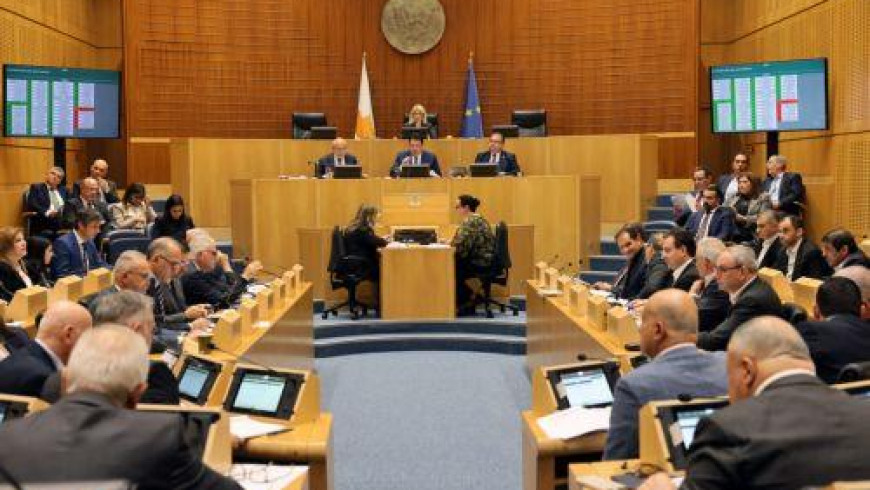

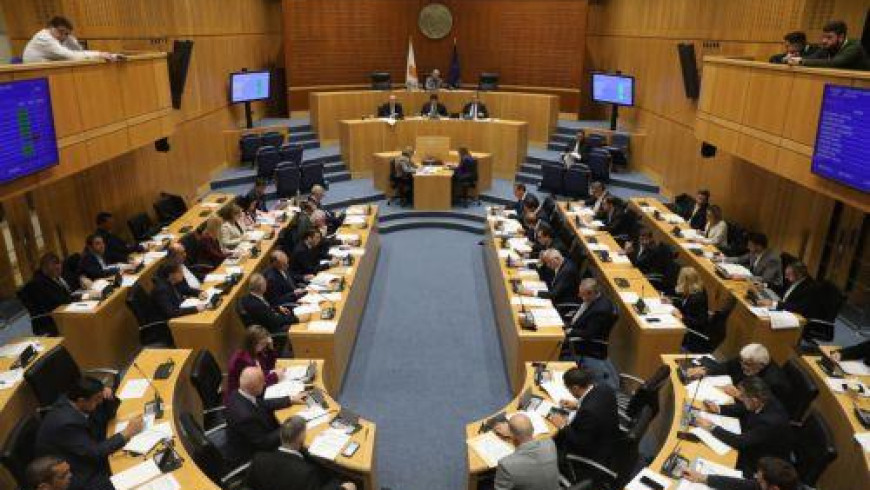
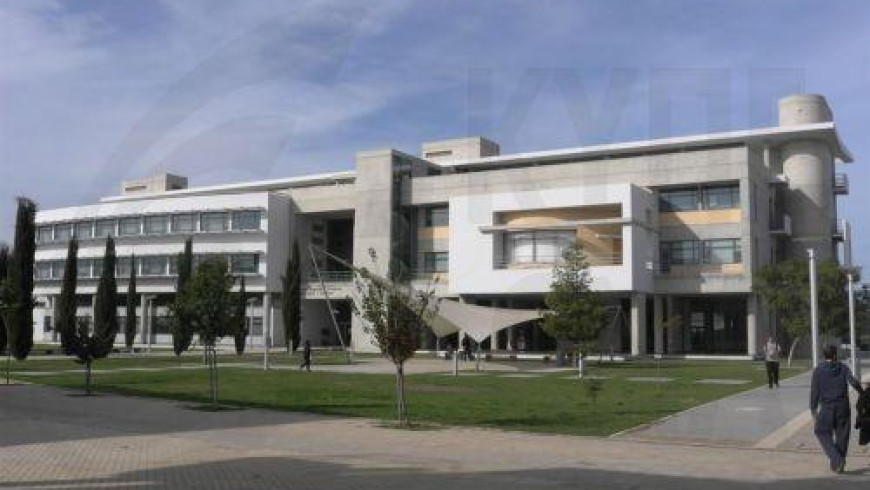
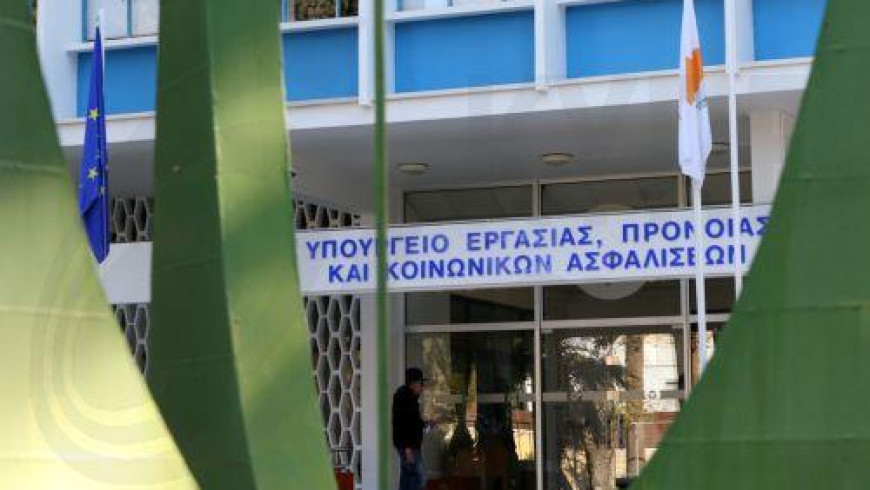

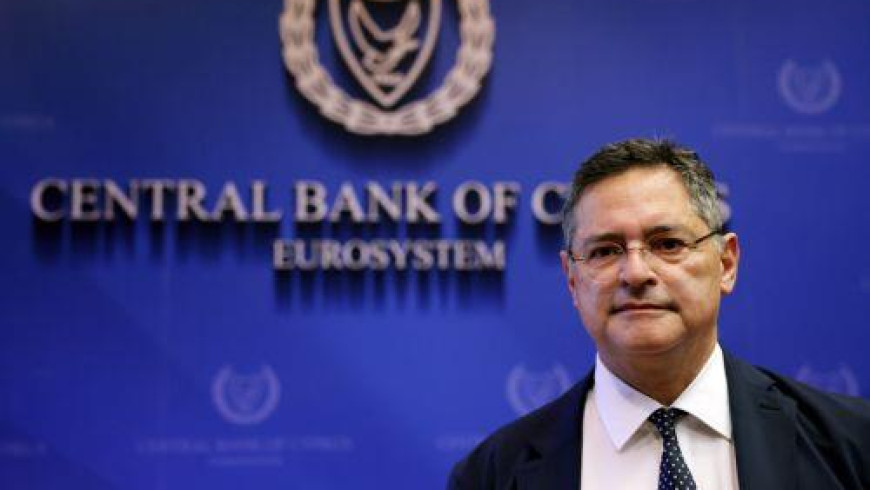
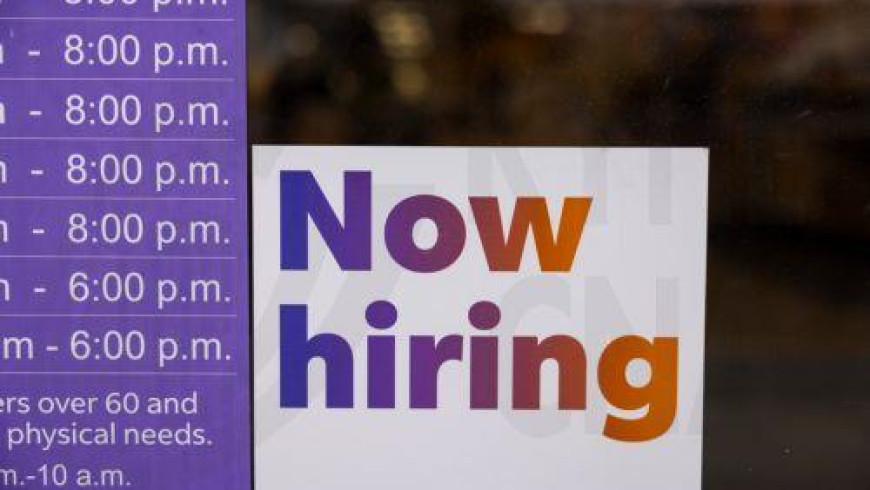





 3287.99
3287.99 1275.09
1275.09
